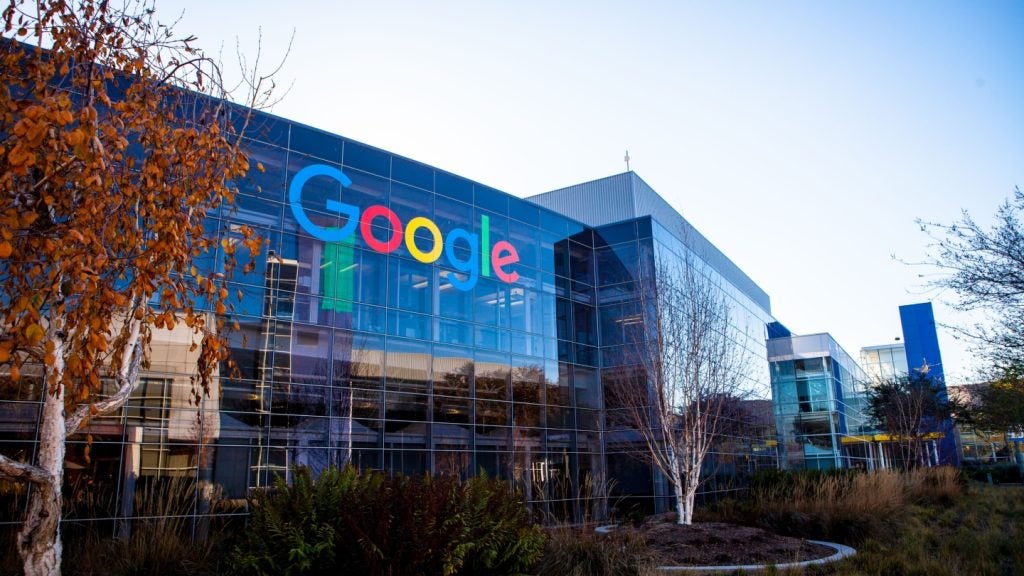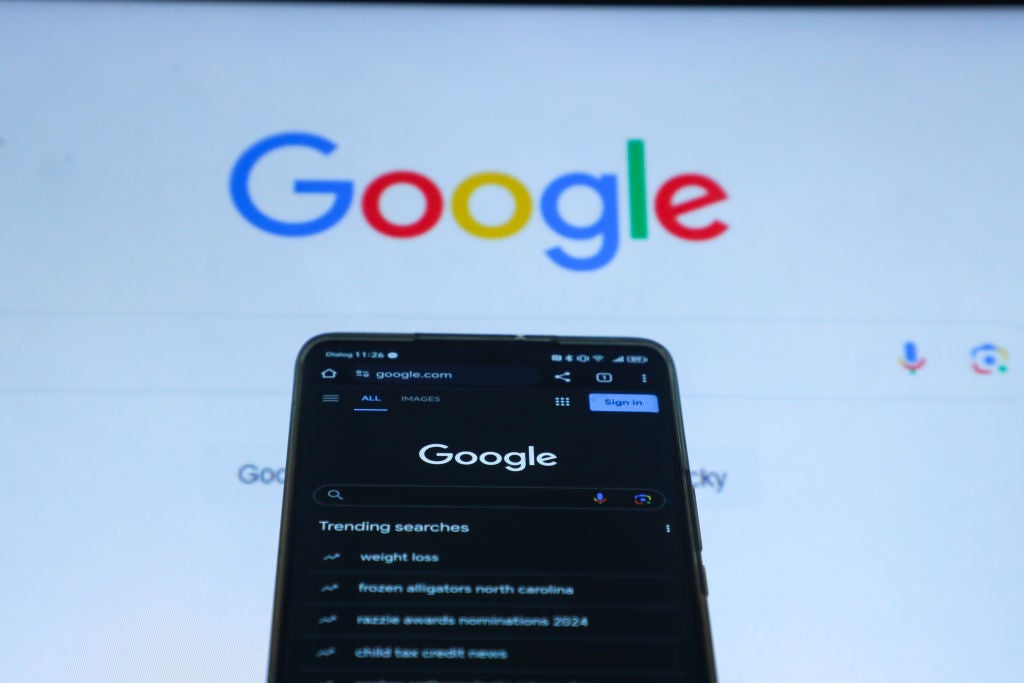
Google Fiber, despite its still-small subscriber footprint, still generates plenty of hype, even after pulling back on its ambitious growth plans.
With a commitment to big US cities, gigabit wireless networking, and ongoing fiber technology development, Google Fiber appears to be in for the long haul but it must fill its leadership vacuum quickly.
Half a decade ago, Google Fiber announced its intentions to blow up the US broadband market by building out its own gigabit fixed broadband service – a massive improvement over most cable and telco broadband services currently offered – for only $70 per month.
After launching service in Kansas City and Austin, the company also boldly declared it would be expanding the Google Fiber footprint into dozens of new US cities, leading to a flurry of excitement.
Google Fiber’s aggressive plans fizzled out in October 2016, when it announced plans to halt expansion in 10 core cities (though two more are apparently in the pipeline).
What happened?
Reality bit Google Fiber hard.
How well do you really know your competitors?
Access the most comprehensive Company Profiles on the market, powered by GlobalData. Save hours of research. Gain competitive edge.

Thank you!
Your download email will arrive shortly
Not ready to buy yet? Download a free sample
We are confident about the unique quality of our Company Profiles. However, we want you to make the most beneficial decision for your business, so we offer a free sample that you can download by submitting the below form
By GlobalDataDespite the hype, and plethora of regulatory exemptions, it was not gaining expected subscriber traction.
The lack of voice service and lack of demand for gigabit service were factors.
Many potential customers opted for cable alternatives, where competitively priced triple-play bundles (many with lower-speed broadband) proved more alluring.
Also, content carriage costs for Google Fiber’s pay-TV service were higher than those paid by cable and other pay-TV operators because of Google Fiber’s limited distribution.
The fourth quarter 2016 pull-back also saw the exit of Google Access CEO Craig Barratt, as well as the first of two workforce reductions.
Barratt’s replacement, Gregory McCray, lasted only five months before his departure in July. Google Fiber is now looking for a replacement.
So, what does the future hold for Google Fiber? There are three key factors to consider:
- The company claims to be committed to serving its core markets… which Google Fiber just expanded to include Louisville, Kentucky this past April. However, when, where and – most importantly – how many, remains to be seen.
- Google Fiber acquired Webpass in 2016, which delivers Gigabit broadband over short-range wireless (millimeter wave radio) networks. Webpass is designed to address urban residential buildings, and can supplement the company’s fixed broadband fiber network. Adding in Webpass to its arsenal significantly expands Google’s options within dense urban areas.
- Google Fiber’s technology development team has proposed a new passive optical networking standard, Go Long, which promises to make fiber deployments much more feasible and lower cost. Clearly, the company would not be investing in such R&D without hopes of a return on investment. However, it’s not clear whether that ROI would come from Google Fiber launching new metros, or by encouraging more fiber deployments not by Google Fiber, but by traditional telcos and cable operators. Either way, the end goal for Google is likely more eyeballs and richer advertising opportunities.
These three factors seem to counter any speculation that Google Fiber will be exiting the fixed broadband market anytime soon.
However, what the company needs is to fill its leadership vacuum, and fast. Without a CEO, Google Fiber is a ship without a captain, sailing into some exceptionally strong gales which can crash the boat.




